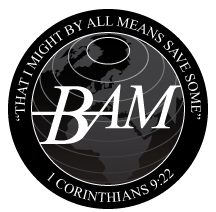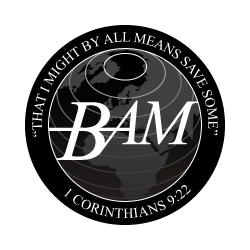The Starting Point
This creation process is described as “out of nothing” {This does open up an interesting debate considering the current hypothesis of “the big bang” initiation of the current known universe.}
The Creator remains involved with and not distant from everything. Fundamental to this is the importance of relationship. That relationship gives a special significance to humanity and its place in the whole world order. This special significance involves delegated authority and with that comes responsibility and accountability. This should be demonstrated by good stewardship, and good behaviour in community which is a consequence of a good relationship with its creator.
1 Holiness
2. Justice
3. Mercy
4. Love
5. Truth
6. Omniscience (All knowing)
7. Omnipotence (All Powerful)
8. Omnipresence (Everywhere)
What’s gone Wrong?
Clearly the world is far from any utopia. The explanation given is that this good relationship between the Creator and humanity was damaged by “disobedience” as pictured in the account of events in the Garden of Eden. This rebellion has major consequences including the breakdown in human relationships and the misuse of and careless attitude to the world and its resources.
Creation > First Intervention (Flood)
Call of Abram (Abraham) > Formation of a nation
Tribal Period (Judges) >
One Nation [capital in Jerusalem]
Divided Kingdom:
North (Israel) >
Devastated by Assyrians 722 BCE
South (Judah) >
Exile under rule of Babylonians c605-536BCE
Judah’s return authorised by Medes & Persians
The promise was that through this nation a rescuer would come. This is the hope that results in an expected “saviour”, an anointed one (Messiah) who would put things right. For the Jewish nation this hope took on a particular political aspect as, following the nation’s powerful days under the rule of Kings David and Solomon, their influence was to decline and they were to be subjected to oppression and control by Assyria, then Babylon, the Medes & Persian empire and this continued beyond what is recorded in the OT with the domination of the Greek and then the Roman Empires.
Christianity and Judaism diverge
Some 2 millennia after the promise made to Abram (Abraham) Jesus was born. The Jewish expectation was for a Ruler/ Deliverer who would restore the nation’s status. So the life and teaching of Jesus failed to fit and he was rejected and killed. For them he was not the one they were looking for.
However, the followers of Jesus and those who formed the early church believed that all the promises and prophecies showed a 2-stage fulfilment. While the majority of references indicate a Kingly role for this Messiah there are a significant number that describe a role given the appellation “Suffering Servant”. It is this aspect of the Messiah’s role that for Christians is the reason for the life and ministry of Jesus. His teaching expounds on the writings (Scriptures) handed down, imparting a deeper understanding and leading to a practical response in how to live for his followers.
Key to this rescue mission is the significance of his death (death of an innocent) and a belief in his resurrection (vindication / proof he was genuine). His followers also still look for his return that will fulfil the other aspects of the promises and prophecies.
In the historical context the 10 commandments and other instructions were given at the formation of the nation and had a role in the protection of individuals and to instil order within the community. (Society / National Life)
These commandments are summed up by Jesus in just two:
1) You shall love the Lord your God with all your mind, soul and strength – (Confessional).
And in response to this and the Character of God
2) and your neighbour as yourself – (practical, affecting behaviour).
It is the second commandment that has historically driven the Laws, rules and accepted behaviour of countries and communities described as “Christian”.
The Summary Commandments:
Seeing the Bigger Picture – Illustration of how individual stories combine to reveal a bigger one
The Big Story – An outline of the Bible
The Scriptures – An overview of the writings found in the Bible

 by: Paul GildersleveReturn to:
by: Paul GildersleveReturn to: